Professional, Customizable Arabidopsis Transformation Services
Lifeasible specializes in providing efficient Arabidopsis transformation services to support your research in functional genomics, gene editing, and trait improvement. Our service platform offers seamless support from vector design to stable strain construction, providing tailored solutions for academic and industrial clients dedicated to Arabidopsis research.
Stable transformation is central to Arabidopsis research, enabling researchers to generate heritable transgenic lines for long-term genetic studies. Our service is based on the widely used Agrobacterium-mediated floral dip method, which has been refined over decades for high reproducibility and efficiency.
Unlike tissue culture-based methods, the floral dip method requires no callus induction or regeneration, significantly simplifying the process and reducing the risk of somaclonal variation. This method allows for rapid generation of transgenic seeds (T1) in just weeks, enabling rapid downstream analysis.
![]()
Agrobacterium with T-DNA Vector
Carries the gene of interest inside a Ti plasmid (engineered)
![]()
Contact with Arabidopsis Flowers (Floral Dip)
Agrobacterium cells adhere to ovule tissues
![]()
T-DNA Transfer into Plant Cells
Bacterial virulence proteins mediate DNA transfer
![]()
T-DNA Integration into Plant Genome
Stable insertion into nuclear DNA
![]()
Transgenic Seeds (T1 Generation)
Seeds carry the new trait for heritable expression
For researchers who need rapid results but don't want to invest the time required to establish stable lines, our transient transformation services offer a powerful alternative. These systems enable transient gene expression and are ideal for exploratory studies, rapid functional analysis, or preliminary data collection before stable transformation. We offer a variety of transient expression protocols to meet diverse research needs.
![]()
DNA Construct Preparation
Plasmid carrying gene of interest
![]()
DNA Delivery into Plant Cells
![]()
Expression Without Genomic Integration
DNA remains episomal or transiently active
![]()
Rapid Protein / Reporter Gene Expression
Detected within 1–7 days, but not heritable
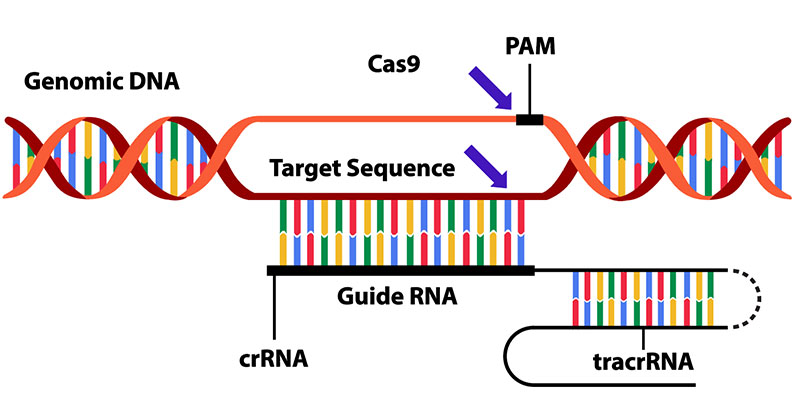
Our CRISPR/Cas9-based transformation services provide a precise and efficient toolkit for genome editing in Arabidopsis. We offer end-to-end support, from sgRNA design to delivery of edited lines.
CRISPR/Cas9 services can be combined with stable and transient expression systems, providing flexibility tailored to your timeline and project scope.
Gene function is often best understood by enhancing or silencing its activity. To support these experiments, we offer custom overexpression and RNAi constructs to enable gain- or loss-of-function studies.
This service ensures that customers receive fully validated, transformation-ready constructs with the option of integration into stable or transient systems.
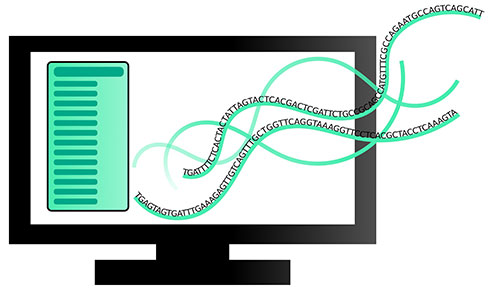
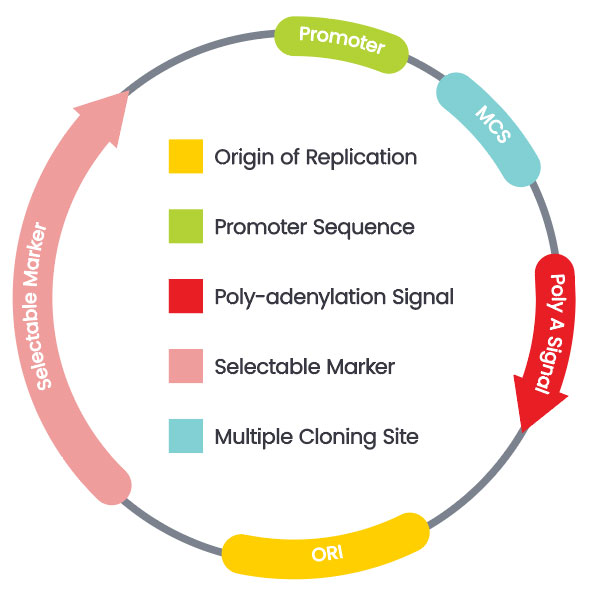
Our molecular biology team designs and constructs custom vectors for Arabidopsis transformation projects. We can use your provided vectors or build custom constructs from scratch.
Service Capabilities
Start Your Arabidopsis Project Today
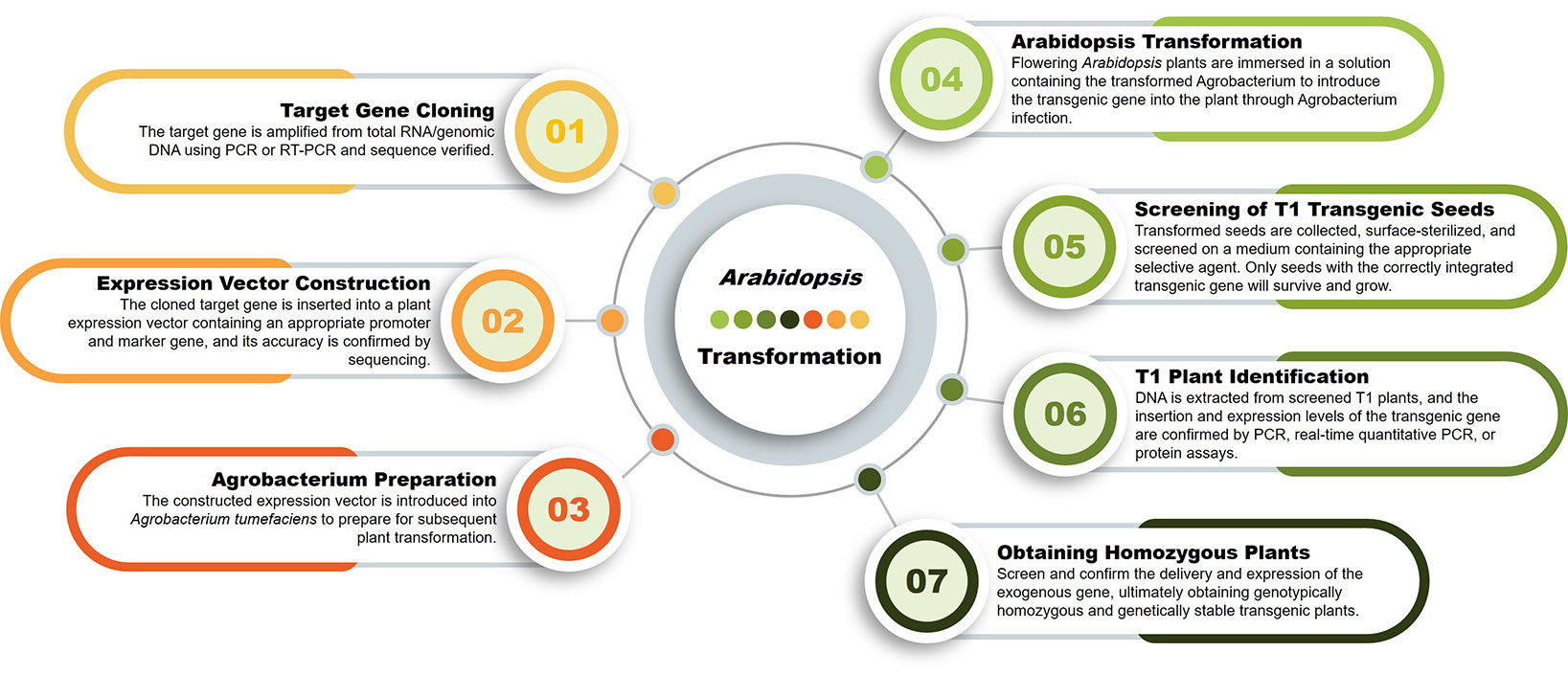
Standard Deliverables
Optional Upgrades
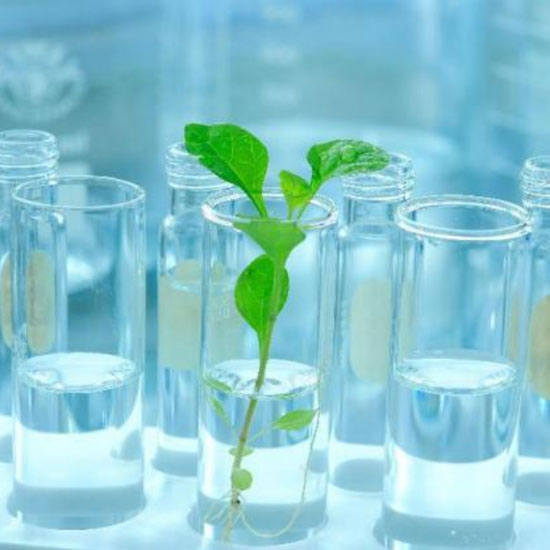
We offer a variety of support services to meet your unique research needs:
Vector Construction
Agrobacterium Preparation
Floral Dip Transformation
T1 Seed Harvesting
T1 Seedling Screening and PCR
T2/T3 Generation (optional)
We ensure regular updates and project flexibility based on your goals and schedule.
Expertise
Our team is comprised of scientists experienced in Arabidopsis transformation and molecular genetics.
High Success Rate
Optimized protocols ensure reliable delivery of transgenic lines.
Customized Solutions
Each project is tailored to your research goals, species background, and construct design.
End-to-End Support
From gene synthesis to validated lines, we support you every step of the way.
Ready to start your Arabidopsis transformation project?
Contact us for a free consultation, a custom quote, or to discuss your project needs with a technical expert.
Arabidopsis is the most widely studied model organism in plant biology. Its small genome (135 Mbp), short life cycle, high seed set, and ability to grow in a variety of environmental conditions (growth chambers, growth chambers, greenhouses, windowsills, and outdoors) make it ideal for studying gene function and regulatory pathways. With its extensive mutant library and genomic resources, Arabidopsis is a key platform for exploring a wide range of crop traits.
A floral dip method involves infecting Arabidopsis inflorescences with an Agrobacterium suspension, which invades ovules through the stylar canal and integrates the T-DNA into the genome. This method is a well-established technique for stable transformation of Arabidopsis. Compared to other plant transformation methods, it saves time and labor, requires relatively simple equipment, and requires fewer specialized reagents. The following is the basic floral dip procedure:
Arabidopsis transformation can be used for:
You can provide either the plasmid vector or the gene sequence. If you only provide the sequence, we will handle the cloning. Please provide us with the promoter type, selection marker, and target ecotype.
We typically achieve transformation efficiencies of 0.5-2%, generating multiple independent lines for each construct—sufficient for reliable downstream analysis.
Yes, we accept customer-provided seeds and can also obtain commonly used ecotypes and T-DNA mutants on your behalf.
Yes. We provide a full service, from guide RNA design to screening edited lines and developing homozygous lines.
No, T1 plants are typically hemizygous. We can generate homozygous T2 or T3 lines upon request.
Yes, we offer a wide range of phenotypic and molecular analysis services.
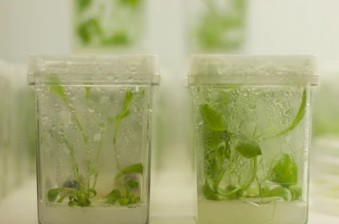
Protocol for Arabidopsis Transformation
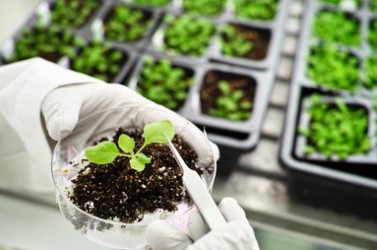
Extraction of Soluble Protein from Arabidopsis thaliana Leaves

Unlocking the Basics: What is Genetic Transformation and Why It Matters
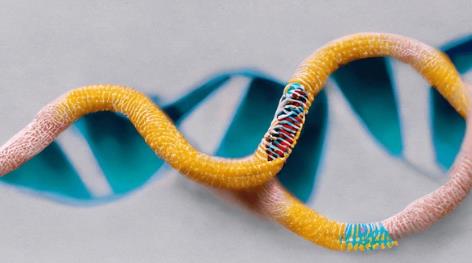
CRISPR-Cas9: A Comprehensive Guide to Genome Editing in Plants